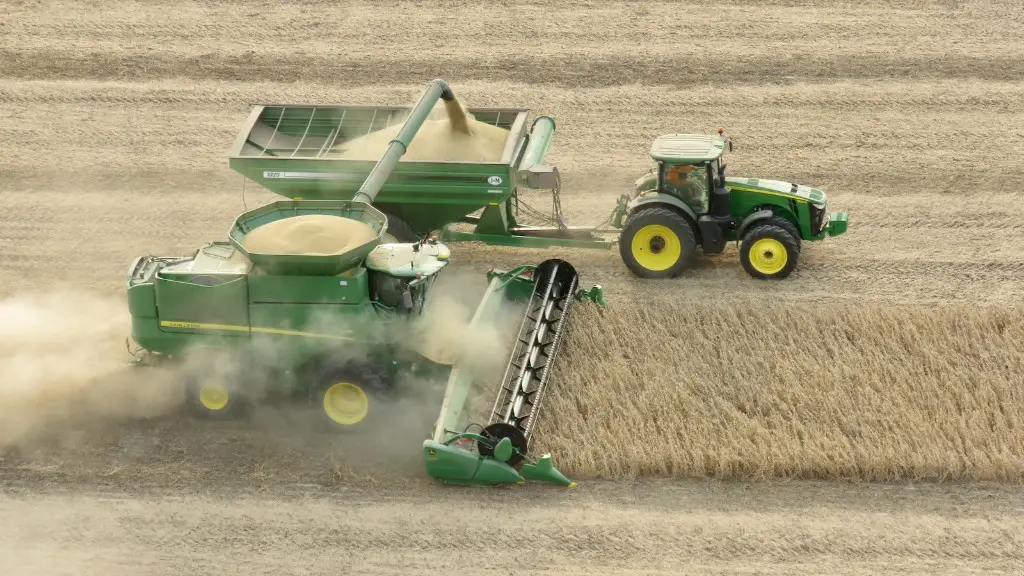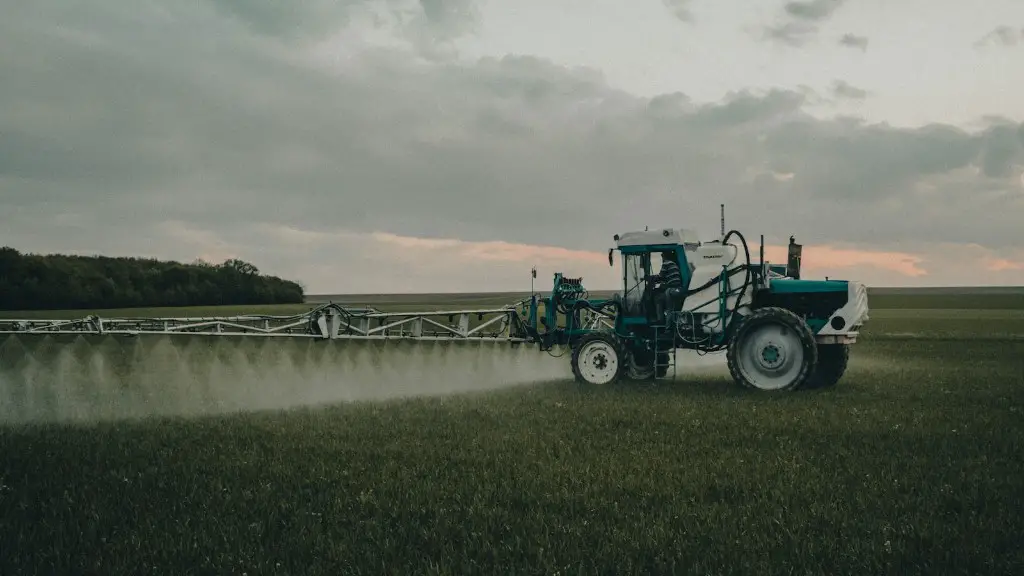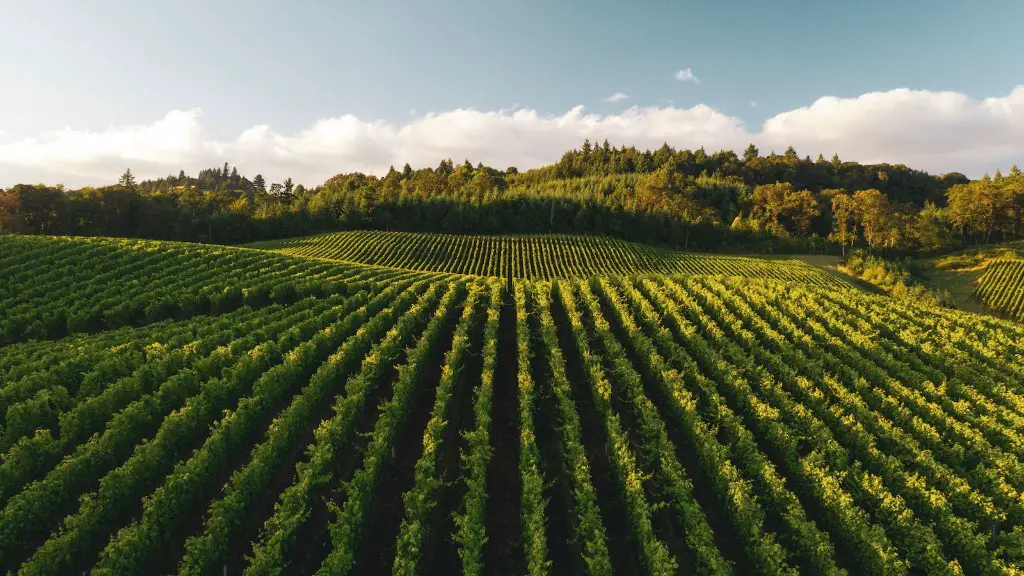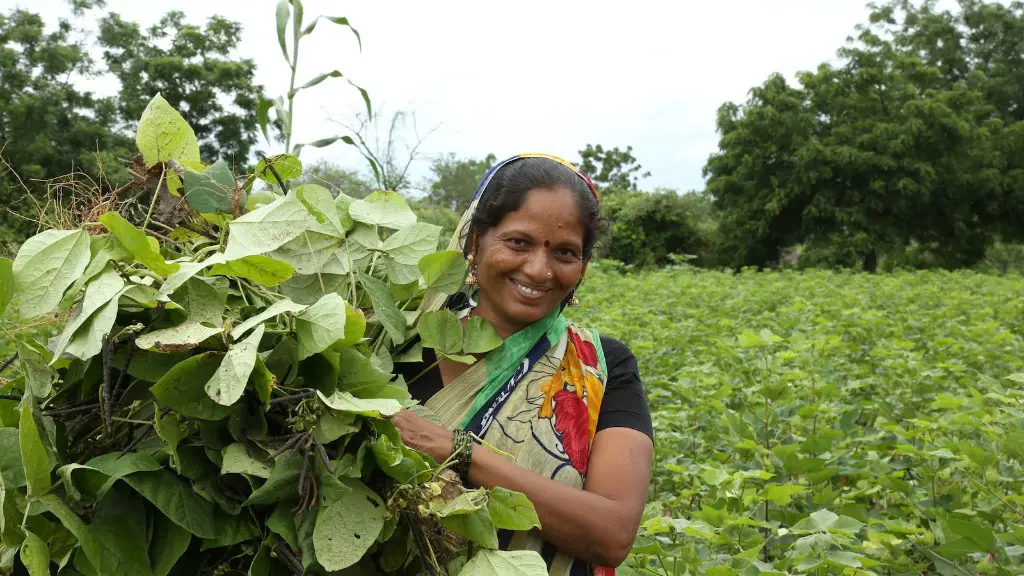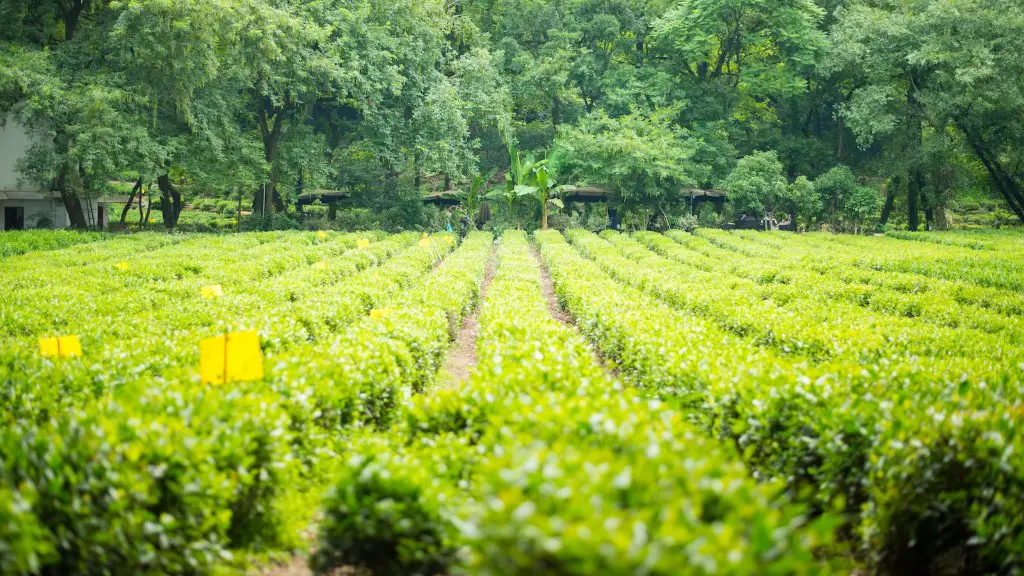2020 has been a year of record primary turnout, and Florida is no exception. In the race for Florida Commissioner of Agriculture, three candidates are vying for the position. Matt Caldwell, Nikki Fried, and David Walker will all appear on the ballot in this highly competitive and consequential election. Each candidate has expressed interest in improving Florida’s agriculture and natural resources, but their respective policy platforms differ in important ways.
Matt Caldwell, a Republican state representative, has held public office since 2013. Caldwell is proposing a reduction in agricultural regulations to streamline the permitting process and increase economic activity. He has also expressed interest in leveraging public-private partnerships to promote innovation in the industry. Caldwell’s campaign has been endorsed by the Florida Chamber of Commerce and the Florida Farm Bureau.
Nikki Fried, a Democrate attorney and lobbyist, has been focused on renewable energy and protecting the state’s natural resources. She has proposed legislation that would strengthen the state’s Farm-to-Fork initiative, which seeks to connect local farmers with retailers and create more equitable opportunities for small farms. Fried has received the endorsement of a number of environmental groups in the state, including the Environmental Law and Policy Center of Florida and the Everglades Foundation.
David Walker, an independent businessman and rancher, is focused primarily on restoring the state’s depleted aquifers, promoting water conservation, and protecting the natural land of the state. Walker has been vocal about the importance of using new technology and innovation to manage water resources and is proposing a number of incentives, including tax credits and grants, to encourage conservation efforts. Walker has won the endorsement of the Florida Cattlemen’s Association and the Everglades Trust.
The three candidates have outlined their respective policy platforms and have each garnered endorsements from various organizations. While theelection is likely to be a tight race, the outcome of the 2020 Florida Commissioner of Agriculture election could have dramatic implications for the state’s agricultural sector.
Policies and Initiatives of the Florida Commissioner of Agriculture
The role of the Florida Commissioner of Agriculture is to provide oversight for the state’s agricultural sector and promote initiatives aimed at improving the industry. Generally speaking, the Commissioner of Agriculture’s responsibilities encompass a broad range of issues from protecting natural resources to encouraging economic development. As such, the three candidates for this position each have unique visions for how to accomplish such goals in the state.
Matt Caldwell has expressed interest in developing public-private partnerships to spur innovation in the agricultural industry. He has proposed legislation that would reduce agricultural regulations and streamline the permitting process in order to encourage new businesses and investments. Caldwell has also outlined a plan to use structured investments to provide capital to farmers.
Nikki Fried has proposed legislation that would expand the state’s Farm-to-Fork initiative, which seeks to connect local farmers with retailers and create more equitable opportunities for small farms. Fried has expressed interest in investing in renewable energy sources and strengthening environmental protections, both of which have drawn the support of various environmental groups.
David Walker has emphasized the importance of conservation and restoring the state’s depleted aquifers. He has proposed incentives, including tax credits and grants, to encourage conservation efforts and make it easier for farmers to access capital. Walker has also expressed an interest in leveraging new technologies to improve water management.
Innovative Technologies in Florida Agriculture
Technological advancements in agriculture have the potential to transform the industry and make it more efficient and sustainable. In Florida, a number of promising technologies are being developed and implemented in order to improve agricultural practices. For example, drones are being used to monitor crops and soil health in order to optimize yields. Sensors and automation technology are being used to optimize irrigation systems, resulting in a more efficient use of water.
Additionally, the use of big data and artificial intelligence is becoming increasingly common in the agriculture industry. Farms are utilizing these technologies to better mitigate risk and make more informed decisions. Big data can also provide insight into emerging market trends, enabling farmers to maximize profits. The utilization of such technology has the potential to revolutionize traditional practices and reap substantial rewards.
Matt Caldwell has expressed interest in leveraging public-private partnerships to promote innovation in the industry. He has proposed a series of changes, including a reduction in regulations, in order to make it easier for businesses to develop and utilize new technologies. Caldwell’s campaign has been endorsed by the Florida Chamber of Commerce and the Florida Farm Bureau.
Nikki Fried has been focused on protecting the state’s natural resources and has proposed legislation that would strengthen the state’s Farm-to-Fork initiative. Fried has proposed legislation that would provide incentives for farmers to adopt new technologies, implement renewable energy sources, and use land more sustainably. Fried has received the endorsement of a number of environmental groups in the state, including the Environmental Law and Policy Center of Florida and the Everglades Foundation.
David Walker has proposed a number of incentives, including tax credits and grants, to encourage conservation efforts. He has been vocal about the importance of using new technology and innovation to manage water resources and optimize yields. Walker has won the endorsement of the Florida Cattlemen’s Association and the Everglades Trust.
Impact of the 2020 Election
The outcome of the 2020 election for the Florida Commissioner of Agriculture will no doubt have far reaching implications for the state’s agricultural sector. The next Commissioner of Agriculture will be responsible for overseeing and directing key policy initiatives, as well as making decisions about how to use public funds for research and development. The impact of this decision is likely to be felt far and wide in the state.
Matt Caldwell has proposed a series of changes, including a reduction in regulations, that would streamline the permitting process and encourage investment in the agricultural industry. Caldwell has also outlined a plan to use structured investments to provide capital to farmers. These initiatives could have a positive impact on economic activity, but could also adversely affect environmental protections.
Nikki Fried has expressed interest in investing in renewable energy sources and strengthening environmental protections. Fried has proposed legislation that would expand the state’s Farm-to-Fork initiative, which seeks to create more equitable opportunities for small farms. Her proposed changes could bring about greater sustainability in the agricultural sector, but could also lead to higher costs for consumers.
David Walker is focused primarily on restoring the state’s depleted aquifers, promoting water conservation, and protecting the natural land of the state. Walker has proposed a number of incentives, including tax credits and grants, to encourage conservation efforts. Walker’s policies could lead to improved water management and water access, but could also stymie economic growth.
Environmental Implications
The Commissioner of Agriculture candidates have expressed various positions on protecting Florida’s natural resources and environment. Matt Caldwell has largely focused on promoting economic activity and reducing regulations, while Nikki Fried has emphasized the importance of protecting the state’s natural resources. David Walker has expressed an interest in restoring the state’s depleted aquifers and promoting water conservation.
Overall, the policies proposed by the candidates have the potential to have far-reaching implications for the environment. Matt Caldwell’s proposed deregulation could lead to increased economic activity but could come at the expense of the environment. Nikki Fried’s initiatives to expand the state’s Farm-to-Fork initiative could create more equitable opportunities for small farms and lead to greater sustainability, but could also lead to higher costs for consumers. David Walker’s policies could lead to improved water management, but could also stymie economic growth.
Economic Impacts
The 2020 election for the Florida Commissioner of Agriculture could have significant impacts on the state’s economic landscape. Matt Caldwell’s proposals to reduce regulations and promote public-private partnerships could result in increased investment and economic activity. On the other hand, Nikki Fried’s proposed legislation to expand the state’s Farm-to-Fork initiative could lead to higher costs for consumers.
David Walker has proposed a number of incentives, including tax credits and grants, to encourage conservation efforts. Such initiatives could have a positive economic impact, as they could lead to improved water management and water access. Additionally, Walker’s policies could spur innovation and new businesses, providing economic opportunities in the long run.
Ultimately, the outcome of the election could have lasting economic repercussions for the state. The next Commissioner of Agriculture will be tasked with overseeing the implementation of policy initiatives that could have far reaching economic effects. As such, the 2020 election for Florida Commissioner of Agriculture is shaping up to be an especially consequential one.
